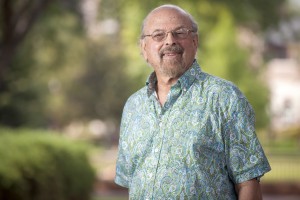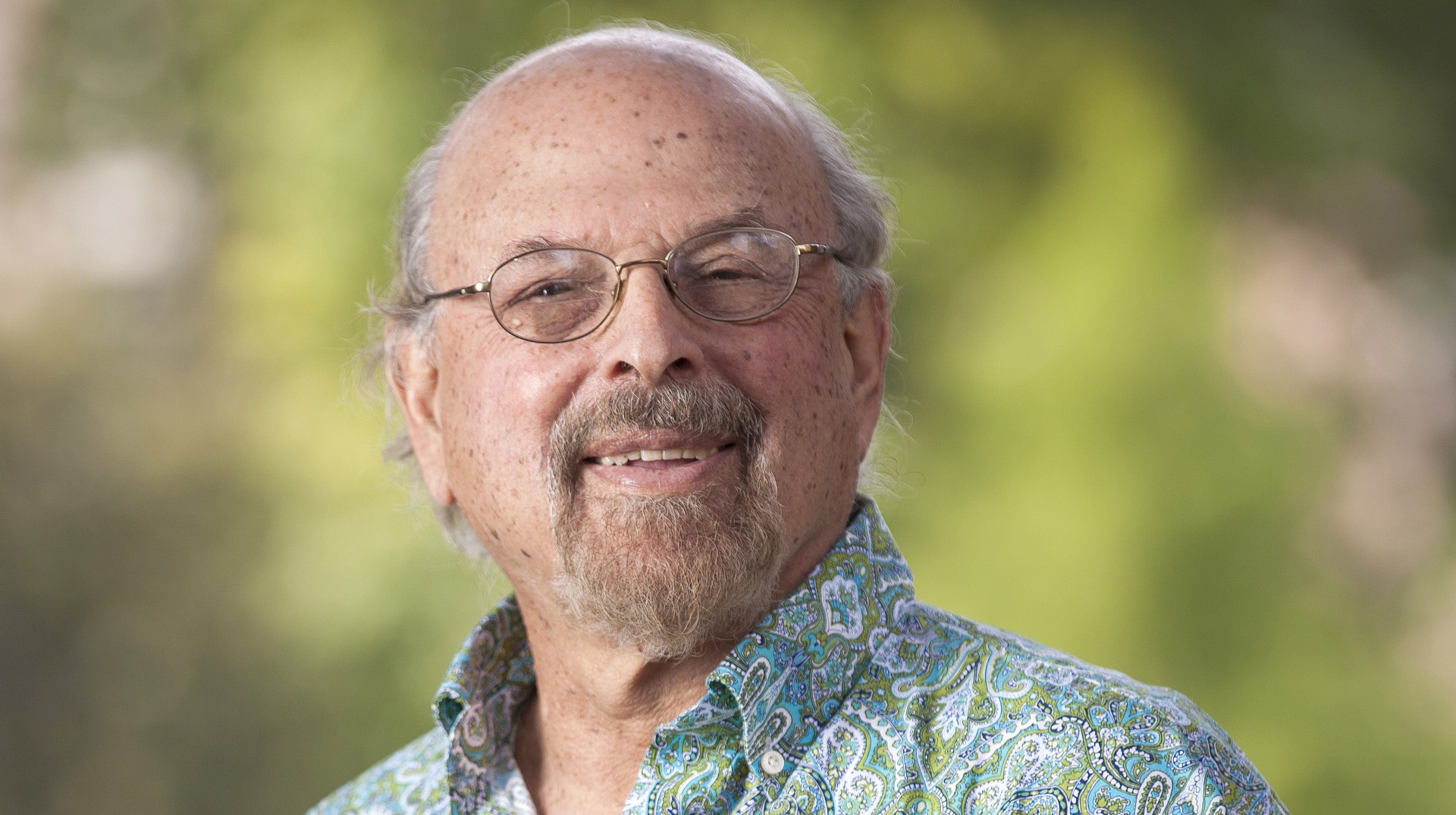
As a young child growing up in Providence, R.I., Arthur Gilbert was harassed and abused in school on account of his Jewish faith.
Despite the discrimination he faced, Gilbert overcame the prejudice to become an associate professor at the Korbel School of International Studies. At Korbel, Gilbert’s affinity for bridging the gap between religion and politics has flourished.
This fall quarter, he is hosting the first four lectures in a 10-part lecture series on religious violence.
The series is covering topics ranging from the origins of religious violence to the Muslim Brotherhood, as well as the motives behind the hostility unfolding in the Middle East today.
The speaker series aims to enlighten and inform its audience, according to Gilbert.
“Of course controversy will stem from the panel, but out of the roots of controversy spring knowledge,” claims Gilbert.
It seems Gilbert has always been a pioneer of necessary controversy.
When Gilbert first began his teaching career at the DU in 1961 when he felt that the school was neglecting a key topic in its curriculum.
“No one was teaching a course on religious studies or genocide, so I took action,” said Gilbert.
Drawing from life experiences and various readings, Gilbert pioneered the Religious Studies curriculum at DU, beginning with his Human Rights and Genocide class.This course is still being offered this quarter for graduate students at Korbel.
“Fools rush in where angels fear to tread,” said Gilbert.
Gilbert’s lecture series is purposely set up to bring a variety of different speakers who encompass opposing viewpoints on the subject matter.
According to Gilbert, this will allow a debate-type structure to unfold during each of the ten events.
Religious and non-religious students on campus are encouraged to attend these public discussions.
According to Gilbert, religious discrimination and violence has extended into almost every aspect of life. Gilbert said people still remain confused about certain principles and morals that have developed out of the melting pot of religions that have defined our society for centuries.
Without adequate knowledge and background regarding religion and violence, Gilbert believes that students will not be equipped to face the “inevitable evils in our society and the future.”
“These lecture series are constructed to educate students and faculty about the ongoing religious violence in global and local societies, so when confronted with these severe topics, they will be able to respond appropriately,” said Gilbert.
The first event in the series on Sept. 27 will feature a panel of intellectual experts in religious studies and political affairs including DU public policy professor and former Governor Richard Lamm.
The first four speeches will be held this fall. Gilbert has not released the dates or speakers for later quarters, as he wants them to be a surprise.
September 27 – “The Myth of Religious Violence” featuring Prof. William Cavanaugh of Depaul University with a panel composed of Governor Richard Lamm (Public Policy DU), Prof. Carl Raschke (Dept. of Religion DU), Prof. Erica Chenoweth (Korbel School DU), Cyber Café, Cherington Hall.
October 18 – “Spirituality Contra Fetishism: Values and Violence” featuring Professor Haider Khan of the Korbel School, Cyber Café, Cherington Hall.
October 24 – “Egypt’s Muslim Brotherhood: Between Ideology and Political Pragmatism” featuring Prof. John Calvert from Creighton University, SIE Center 150.
November 2 – “Fighting Words: The Origins of Religious Violence” featuring Prof. Hector Avalos from Iowa State University, Cyber Café, Cherington Hall.
For more information and to RSVP email religion.violence@gmail.com.











